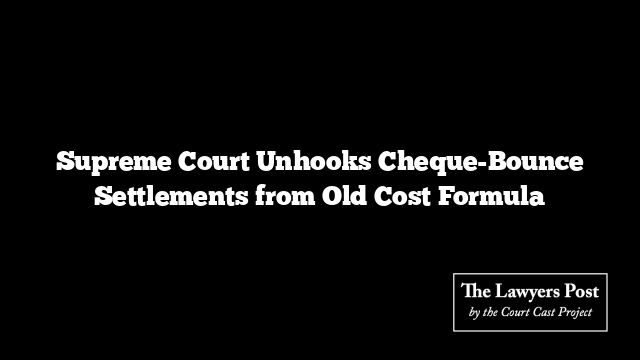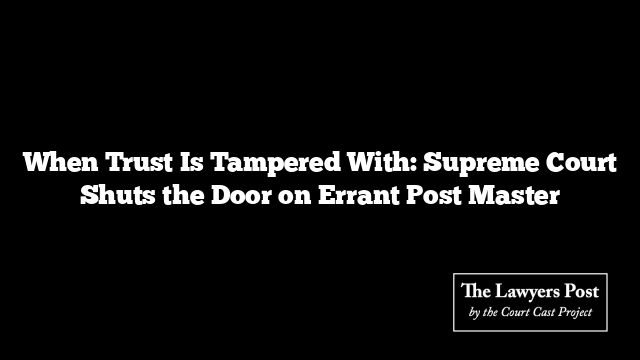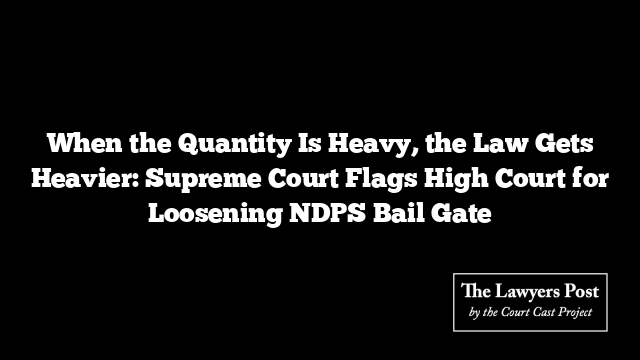When the country’s highest court speaks, the ripples usually move in one direction. But this time, the Supreme Court quietly unfastened one of its own earlier ideas — a cost formula that had been guiding cheque-bounce settlements for years — and reminded everyone that not every guideline is gospel.
A man convicted under Section 138 of the Negotiable Instruments Act walked into the Supreme Court carrying a narrow grievance: he wasn’t challenging his conviction anymore, only the extra cost slapped on him by the High Court while granting acquittal on the basis of settlement. The complainant had already agreed to forgive and forget, but the tab still lingered — payable not to the complainant, but to the State Legal Services Authority, following an older directive.
A bench led by Justice M.M. Sundresh and Justice Satish Chandra Sharma took a closer look and made a clean, uncluttered point: the cost-grading system from the Damodar Prabhu ruling — the one that prescribed escalating percentages depending on when the parties decided to bury the hatchet — isn’t a binding rulebook. Each case, the bench said, deserves to breathe in its own facts.
That earlier ruling had tried to plug a legislative gap by encouraging early settlements through a rising scale: zero cost at the start, then 10%, 15%, and even 20% as the case climbed courts. But it was powered by Article 142 — the Court’s extraordinary tool, not a legislative command.
In this case, the settlement had already dissolved the dispute. The complainant wasn’t asking for another rupee. And the appellant couldn’t afford the cost anyway. Pushing an inflexible guideline into such a compressed, fact-specific space didn’t fit, the Court held, and wiped the cost off the record.
With both sides consenting to closure, the Court underscored what often gets buried under procedure: where the dispute itself has evaporated, forcing payment to meet a past template serves no purpose.
This appeal — Rajeev Khandelwal v. State of Maharashtra & Anr. — ends with a simple message: settlements should settle, not saddle.





